News
Lemon balm seeds
Lemon balm, scientifically known as Melissa officinalis, is a perennial herbaceous plant belonging to the mint family, Lamiaceae. The following is a detailed introduction to it:
Origin and Distribution: Native to the Mediterranean region and Central Asia, it has now naturalized in parts of North America and other areas.
Appearance: It is a bushy herbaceous perennial that typically grows to about 0.6 metre (2 feet) tall. The wrinkled toothed leaves are roughly heart-shaped or oval and are borne in pairs along the square stems. The leaves can be smooth or somewhat hairy. In summer, small white to pale yellow or pale purple flowers appear in whorled clusters in the axils of the leaves.
The essential oil of lemon balm contains geranial and neral, both of which are isomers of lemon-scented citral, as well as geraniol, citronellal, and various other chemicals.
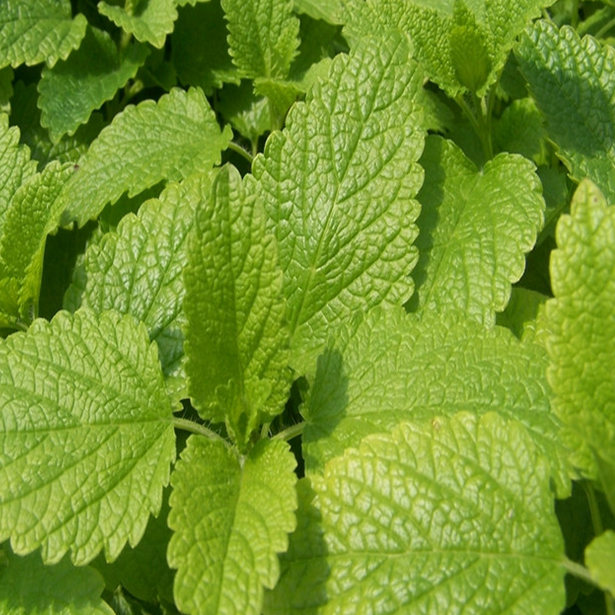
The leaves of lemon balm can be used fresh or dried to season and flavour foods such as salads, soups, sauces, and stuffings.
It is a common ingredient in herbal teas, candies, liqueurs, wine, and fruit drinks, adding a pleasant lemon fragrance.
In some European and Middle Eastern cuisines, lemon balm is used to make pesto, adding a unique flavor to the dish. It can also be used in fish dishes to enhance the taste.
Calming and Relaxing: It has a mild sedative effect and can help relieve anxiety, stress, and insomnia. It is often used in herbal remedies for nervous system disorders.
Digestive Aid: It can stimulate the secretion of digestive juices, improve digestion, and relieve symptoms such as indigestion, bloating, and nausea.
Antimicrobial and Anti-inflammatory: The essential oil of lemon balm has antimicrobial and anti-inflammatory properties, which can help prevent and treat infections and inflammations, such as colds, flu, and skin infections.
Pain Relief: It has a certain analgesic effect and can relieve headaches, migraines, and menstrual cramps.
In aromatherapy, the essential oil of lemon balm is often used to relieve stress and anxiety, improve mood, and promote relaxation.
It is also used as a scent in perfumery and cosmetics due to its pleasant lemon fragrance.
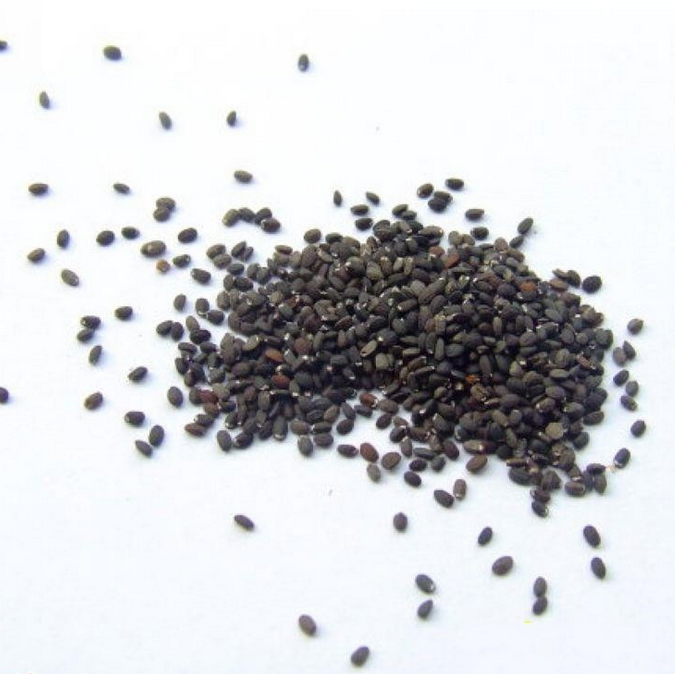
Lemon balm is easy to grow and is often cultivated as an attractive border plant or ground cover in gardens. Its lush foliage and small white flowers add beauty to the garden.
The flowers are a good nectar source for honey bees and other insect pollinators, so it is also popular among beekeepers.
Lemon balm prefers rich, moist soil and plenty of sunshine. It can be grown from seeds, but it is more commonly propagated by cuttings or division.
It is a hardy plant that can tolerate a certain degree of cold and heat, but it grows best in temperate climates.
Regular pruning can help maintain the shape of the plant and promote bushier growth.
In conclusion, lemon balm is a versatile plant with a wide range of uses and benefits. Whether in the kitchen, medicine cabinet, or garden, it has something to offer.


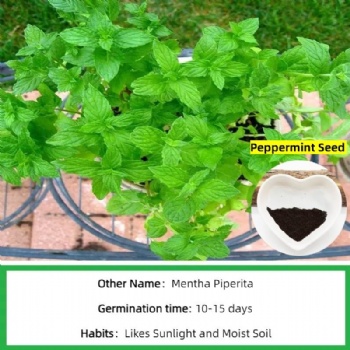
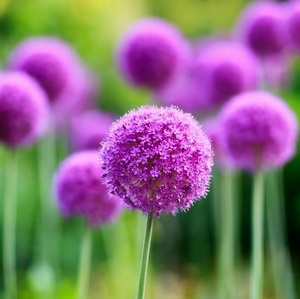
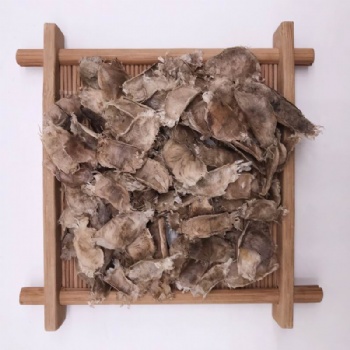
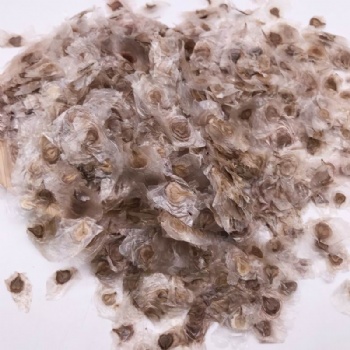
 售前客服
售前客服
